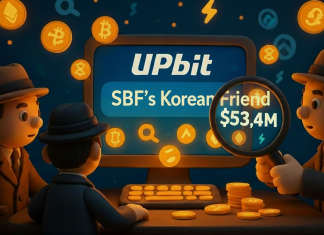
Any minute now, the winner of the U.S. presidential election will be announced by some television network. Right on its heels will come another announcement by another network, and then another by a different network, and so on.
Once you include “breaking news” delivered by bloggers, influencers, and your Uncle Gil, the announcements will quickly resemble a Yukon snowstorm. None of these announcements will be official in any capacity. No trumpets, no baton passing, no white smoke. Typically, the closest thing to an official announcement is the losing candidate’s concession speech, which of course makes everything awkward when the loser refuses to concede.
Such a scenario looks to be certain in 2020. Lawsuits, potential recounts, and allegations of improprieties will push the prospect of a graceful concession speech into the territory of fantasy. No matter, as everyone has an opinion and an internet megaphone. Everyone will proceed with their announcements. A brave few will even attempt to attach a rationale. So, who to believe in this Fake News Era? Who to trust? There are no bulletproof answers. Bear in mind, every piece of information is fake news to somebody.
Perhaps the average person, fatigued now more than ever by the unholy amount of useless garbage clouding our skies, will come to understand at some basic level the appeal of blockchain. Not cryptocurrency, necessarily, but simply the broad concept of a trustless mechanism where judgment calls are not required. One in which a thing is accurate or inaccurate, and nothing in between.
Blockchain cannot save the world. It cannot differentiate real news and fake news. We pretend that the bad guys are force-feeding us fake news, but the truth is each of us are standing at the buffet line, eating our way to information sickness. In this raging sea of news and opinion, blockchain might provide us with an oasis here and there, spaces where we can momentarily suspend the eternal struggle of trust. If such places could exist, are we not obliged to create and then bask in them?






